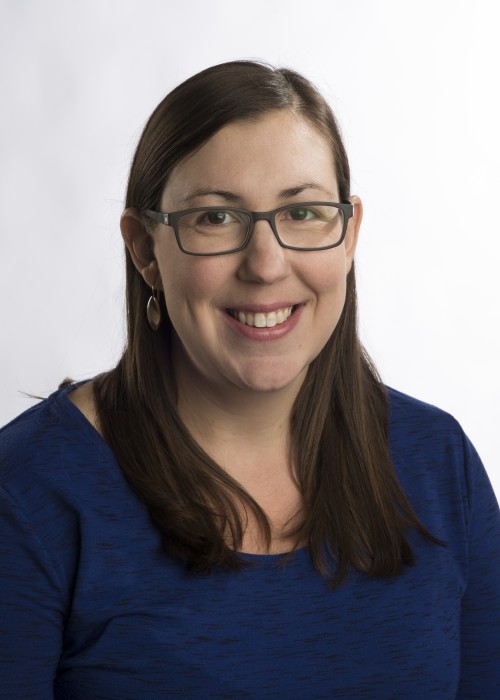
Ultimately my goal is to provide new therapeutic options for patients with lung cancer.
What inspired you to focus your career on thoracic oncology?
It's important for me that my research makes a positive impact on the world. Improving human health is very important to me, and lung cancer is one of the most significant health burdens in both the U.S. and worldwide.
How has receiving an ILCF Research Grant contributed to the advancement of your research?
Support from the IASLC/ILCF has positively impacted my research and career in so many ways. First, the funding acted as a catalyst for me to receive funding from other organizations to support our study on lung cancer in people who have never smoked. Genome sequencing is unfortunately very expensive, and support from the ILCF allowed us to sequence the entire protein-coding genome rather than a targeted subset of genes. What that has done is enabled us to discover new, unexpected genes linked to lung cancer rather than only genes that we already knew about.
Second, I have been welcomed by the ILCF community which has enabled me to meet new lung cancer biologists, oncologists, and patients. This networking has enabled me to establish a supportive community of scientists and patients to provide feedback and advice and collaboration.
What are the next steps of your research? Of your career?
We have completed the sequencing portion of the study and have a list of candidate cancer "driver" genes that contribute to lung cancer in people who have never smoked. The next part of the study is to experimentally test in human cells in culture how these mutated genes might drive malignancy. If we can establish a function for these mutations in a dish, then we can try to block the function of these genes using existing drugs. Once we have a lead, we will test in animal models whether any of these new therapeutic strategies show promise, and if so, we will initiate new clinical trials with our collaborators at the Seattle Cancer Care Alliance. Ultimately my goal is to provide new therapeutic options for patients with lung cancer.
What are some of your passions outside of work?
I have a wonderful family of my husband and three young children that keep us very busy! We enjoy exploring the lakes and mountains of the Pacific Northwest and working on our garden. Pre-COVID, I also enjoy live music and traveling.
